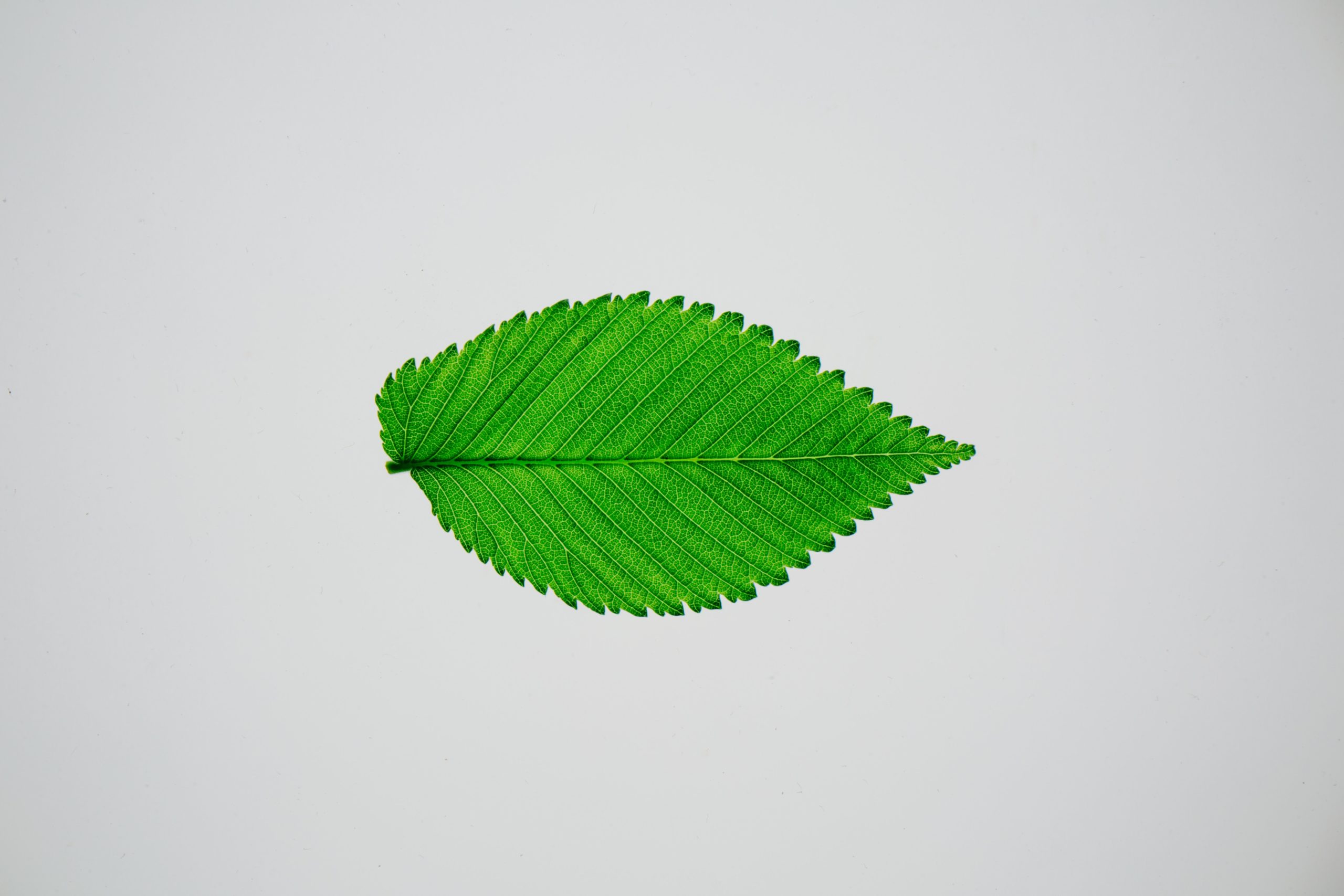
I have been a big fan of Slippery Elm powder since soon after my laryngectomy. After my laryngectomy I had trouble eating anything acidic such as tomatoes, capsicums, onions, etc, or drinking beer and orange juice as I would suffer acid reflux. And once the reflux started, I had coughing fits that seemed to trigger more reflux and so on. It was getting to a point where I didn’t look forward to mealtimes at all and was living on a more and more restricted diet.
Once I was put onto Slippery Elm I used it whenever I suffered from acid reflux and each night before going to bed. I mixed a heaped teaspoon of Slippery Elm powder with about half a cup of milk, stirring very thoroughly before drinking.
I used Slippery Elm at least once a day for about two years and since then I only use Slippery Elm powder if I suffer acid reflux, which thankfully is not very often these days. In fact, it would be at least three months since I last took it.
Slippery Elm ( Ulmus rubra or Ulmus fulva ) is a native of North America. The inner bark is the part of the tree that has medicinal properties, it is extracted from a ten-year-old tree and dried. The subsequently ground bark is sold in two forms: a coarse powder for use in poultices and a fine powder for making a mucilaginous drink. It also has nutritive properties and can be used as a food for infants and invalids.
Red Indians were well versed in the use of poultices of Slippery Elm bark powder for wounds, boils, ulcers, and burns. During the American Revolution, surgeons treated gunshot wounds with a bark poultice. Toothache can also be treated with a bark poultice.
A drink made from Slippery Elm is effective against coughs and soothes the throat. It is also used to treat gastric problems including GERD and acid reflux, for which I am recommending it. The high mucilage content adheres to the wall of the esophagus and soothes any irritation and tends to sit on top of the stomach contents preventing further reflux.
To read more about this product: botanical.com/botanical/mgmh/e/elmsli09.html
